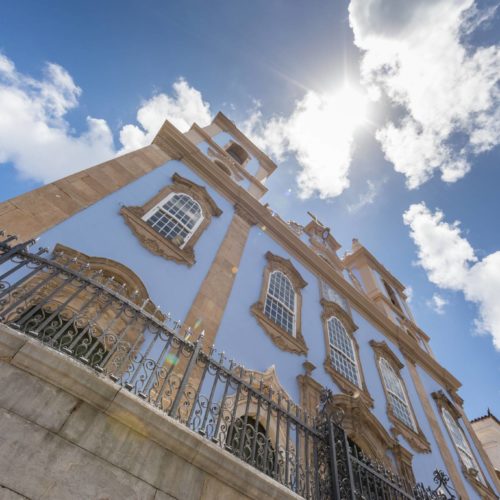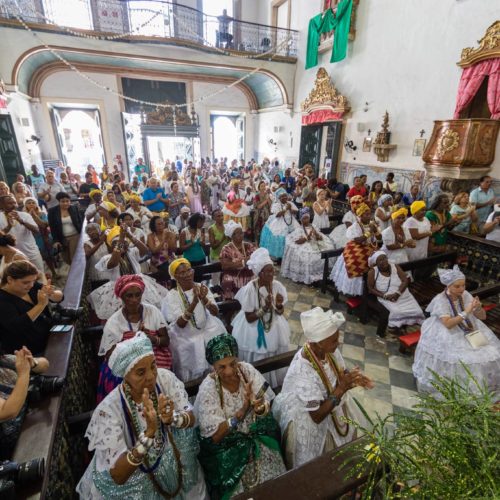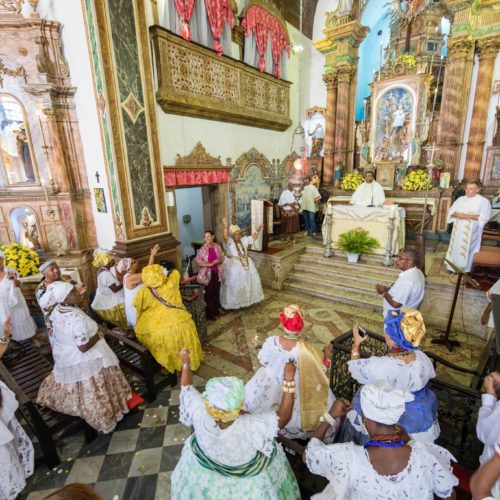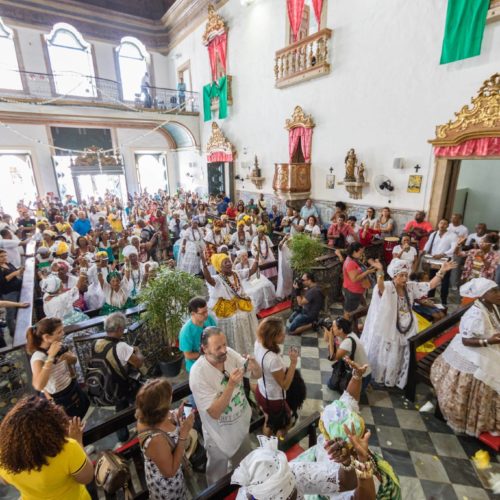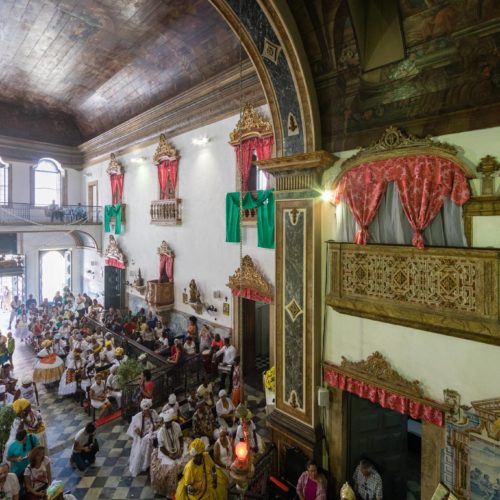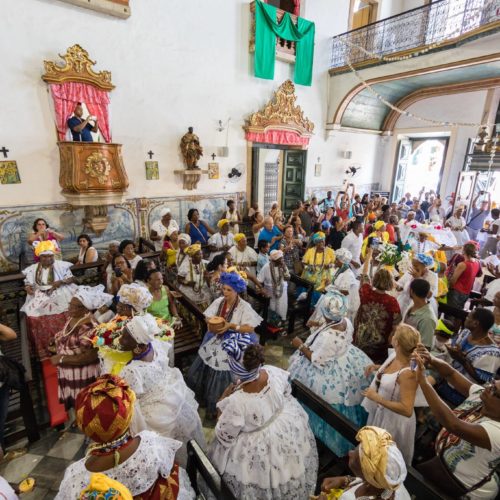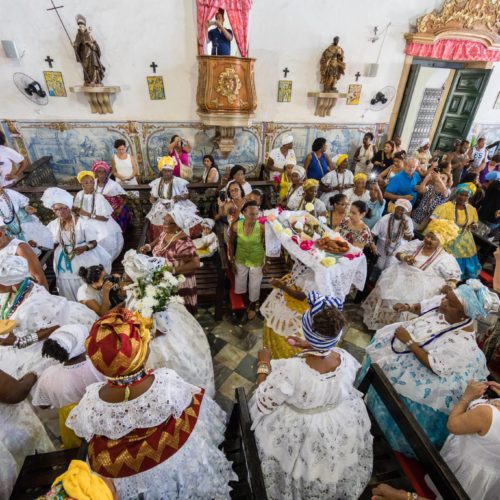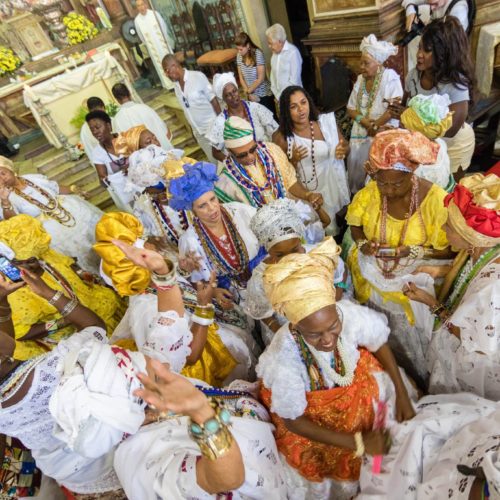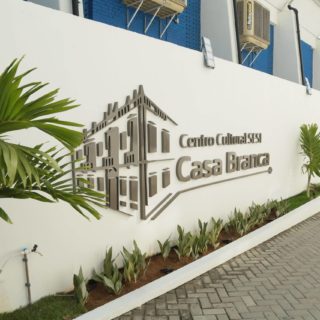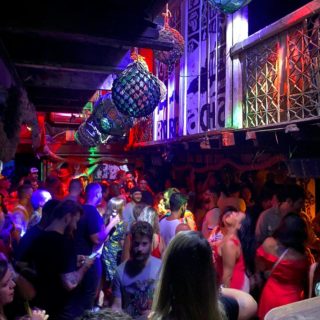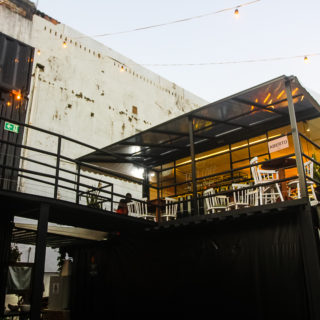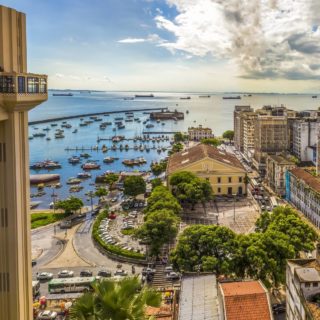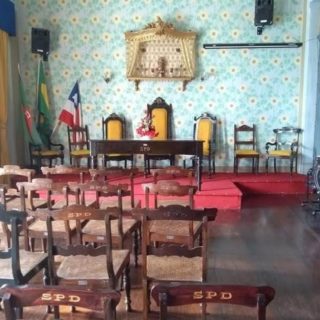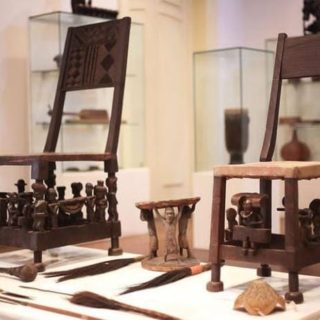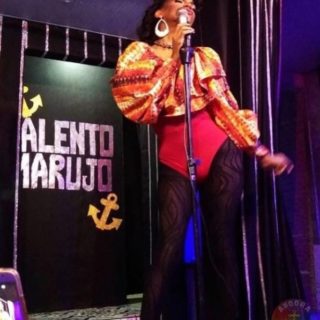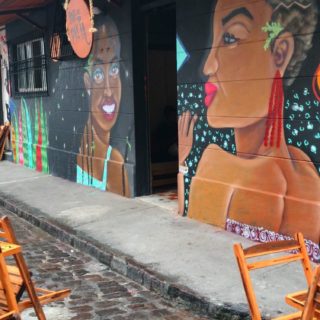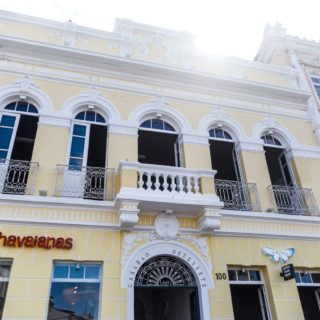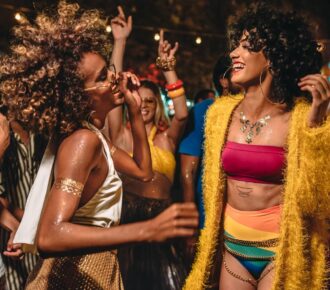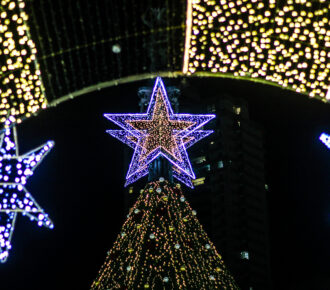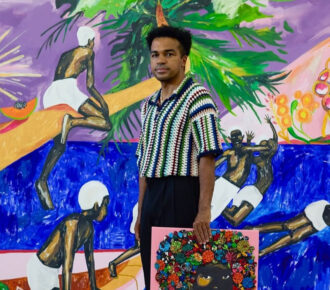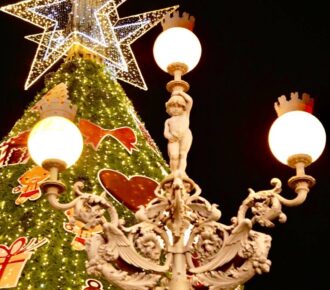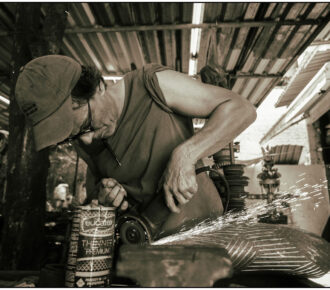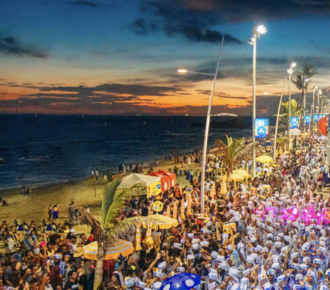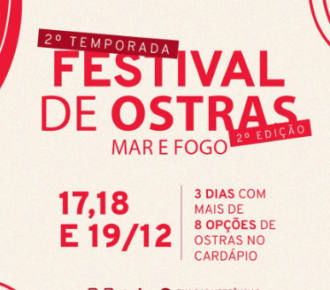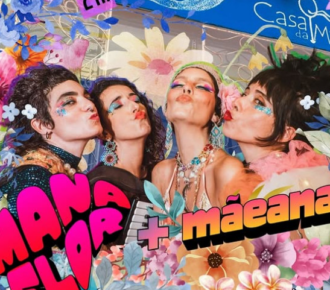
Catholic Religion, with Candomblé’s atabaques
A peculiar church (Church of Our Lady of the Rosary of the Black People): besides beautiful, a historical framework
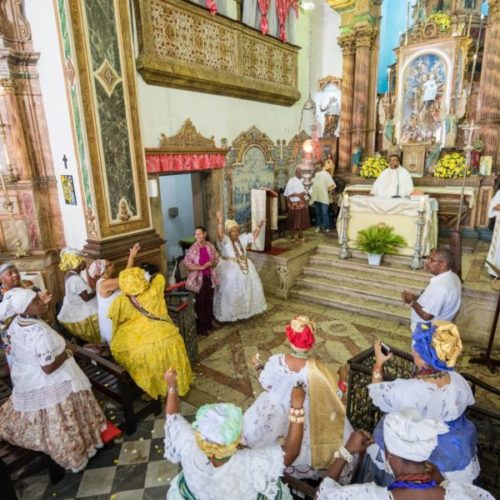
This is one of those churches of Salvador that you should visit even though you’re not Catholic. Preserving its history related to the slaves, the liturgy of the services makes use of music inspired in Candomblé, to the sound of atabaques (Afro-Brazilian hand drums). In this church, a Catholic mass that incorporated some of the elements of African culture, such as chants and dancing, is celebrated every Tuesday.
Anyone wishing to attend mass sitting must arrive at the place early, as the church is invariably crowded. But wait, it will be worth every minute… the mass is really beautiful and exciting. On the commemorative dates of St. Bárbara and Iansan, the church is the central point of the festivities.
The Brotherhood of Blacks and the Black Diaspora
The book “Irmandade do Rosário dos Pretos – Quatro séculos de devoção”*, tells us that the Brotherhood of Our Lady of the Rosary of Black Men was founded in the year 1685 and elevated to the category of Third Order on July 2nd, 1899. It is a black, either sex, non- profit religious association of Catholic people, holders of good conduct and who practice, as good Christians, the commandments of God and the Church.
The purpose of this association is to worship the Virgin of the Rosary, by faithfully observing the rules of her commitment. The Venerable Third Order of the Rosary of Our Lady at Portas do Carmo – The Brotherhood of Black Men is, above all, an African Catholic apostolic brotherhood of an African nature. It maintains, with dignity and renewal, over its more than three centuries, its characteristics of African territory within the African diaspora.
Union of rites
The book also explains the union of Catholic rites and practices with a sacred African experience. The organization of Africans around the service and worship of Our Lady of the Rosary, since its elevation to the category of Third Order, allowed the incorporation of devotion to other saints of Afro-Catholic tradition. Among them: St. Anthony of Categeró, St. Efigênia, St. Elesbão, St. Benedict, St. Bárbara and even the slave Anastácia, who’s still not recognized in the Catholic hierarchy, but who’s of strong value for Afro-Brazilian religiosity.
The tiles
In the body of the church, ten panels of tiles representing Marian scenes and the devotion of the rosary are highlighted. It is clear that they were manufactured in Portugal. It is assumed that they were ordered at the Real Fábrica do Rato and dated approximately to 1790. These tiles depict evangelical and devotional scenes.
The lining
With more than 600 square meters, the ceiling of the nave shows a medallion with Our Lady of the Rosary in the center, flanked by Saint Domingos and Saint Peter Martyr (or Verona). Surrounding it are characters from the heavenly court.
The lining of the chancel shows allegories from the four continents and a central medallion with Our Lady of the Rosary.
For its blue color and for being at the end of the slope that connects Pelourinho to Portas do Carmo, the church will be that good memory, in a perfect photo! There will be the slope, the historic mansions, the Church of Our Lady of the Rosary of the Black People, and you, with that smile!
Footnote:
The book “Irmandade do Rosário dos Pretos – Quatro séculos de devoção” * can be purchased at the church itself. It has in-depth history and pictures of the place. All technical information in this text has been removed from this edition.
Services:
Church of Our Lady of the Rosary of the Black People
Largo do Pelourinho, no number – Pelourinho, Salvador – BA, 40026-280
Dates: Masses, Monday and Sunday – at 9:00 am. Tuesday, last Wednesday of the month, 1st Thursday of the month and Friday – at 6:00pm. Visitation: Mon on Saturdays, from 8:00 am to noon and from 1:00 pm to 5:00 pm.
Contact: (71) 3421-5781.
The Celebrations that pass by there:
St. Anthony of Categeró (2nd Sunday of January)
St. Benedict (last Sunday in April)
St. Barbara (December 4th)
The Brotherhood Anniversary, Independence Day of Bahia (July 2nd)
Black Saints Feasts (St. Efigênia, St. Elesbão), Our Lady of Angels, Our Lady of Rosario (last Sunday of October).
We have prepared a list of perfect songs for this experience. Listen now! Available on Spotify and Deezer.

